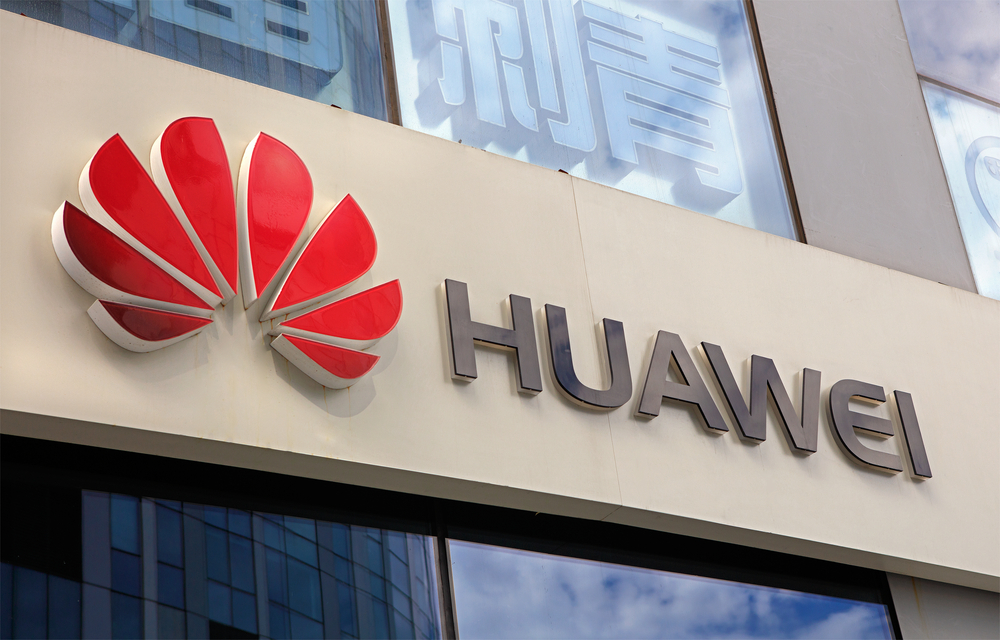
VANCOUVER — As an international story about a Chinese tech executive wanted by the United States began unfolding from a Vancouver courtroom, the phone lines for a local Mandarin—language radio program began lighting up.
AM1320 host Sunny Chan said calls have doubled to his afternoon program after Meng Wanzhou’s arrest Dec. 1 while she was changing flights at the Vancouver airport.
“I cut some of the calls because we don’t have time,” Chan said.
Meng, who is chief financial officer for Chinese
telecommunications giant Huawei, was released on $10 million bail on
Tuesday. She is facing possible extradition to the U.S. over
allegations she and her company misled banks about business dealings
in Iran. Meng has denied the allegations in court through her
lawyer.
The story has sparked varying reactions within a diverse population that identifies as Chinese—Canadian, ranging from recent immigrants to lifetime Canadian citizens. Some, like the callers to Chan’s program, are passionately critical of Canada’s actions, while others say they fully support the judicial process.
“My feeling is that the Chinese—Canadian community is divided,” said Guo Ding, a commentator and producer at OMNI BC Mandarin News.
“One group of people, they criticize Canada, they say, ‘Well, America is just closely linked,’ “ he said. “Another group, they think we have to respect the law because Canada is a country of law.”
Those opinions also tend to fall along regional lines, he said, with those from mainland China supporting Meng and those from Hong Kong or Taiwan supporting her extradition. Ding said he believes the split is about 50—50. Meng is being held on a provisional warrant and the United States has 60 days from the time of her arrest to make an extradition request.
On Chan’s program, eight or nine out of every 10 calls shared the perspective that Canada has erred in its handling of the case, he said.
“Most of them are overwhelmingly supportive of China’s call for Meng to be released,” Chan said.
The general perception is that Meng has been treated poorly, he said.
One called Canada a “fool” for becoming involved in a trade dispute between China and the United States. Most see the case as politically driven, especially after U.S. President Donald Trump suggested he could intervene in the case if it would help reach a trade deal with China.
“I think some are very emotional. Some are very angry,” he said.
Protesters who gathered outside the court holding signs in support of Meng appeared to share that opinion, with one saying Canada is helping the United States do its “dirty work” by arresting her.
Protester Ada Yu, who lives in Vancouver and is originally from China, said the case against Meng appears to be politically motivated. Yu said Meng’s arrest is a violation of a Chinese citizen’s legal rights.
But Cheuk Kwan, a spokesman for the Toronto Association for Democracy in China, said he believes most Chinese—Canadians are just observing from the sidelines and, if anything, are supportive of Canada’s actions.
“There’s obviously a faction of the Chinese—Canadian community who are in full fledged support of what China’s causes or grievances are, so it’s not surprising they would come out and protest the arrest of Ms. Meng Wanzhou,” Cheuk Kwan said.
“But I would say those are in the minority.”
Kwan questioned whether media coverage of the protesters has amplified their voices in a way that skews how common their perspective is.
“The majority of people are quietly saying ‘Look, this is Canada, we have our sovereignty, we have our judicial process, we’re not going to be bullied by China.”’
As China’s largest tech company, Huawei has become a symbol of national pride for some, so the perception that it is under attack by Western forces has inspired resistance among those factions who believe Meng should not have been detained.
“It rouses up a bit more of a nationalistic kind of fervour. This is no different from what happened with the 2008 Olympics in Beijing,” said Kwan, adding that many Chinese—Canadians were divided on whether the Games should be boycotted because of a history of human rights abuses in the country or celebrated as evidence of China’s progress.
On a personal level, he said he believes Canada has reacted entirely appropriately.
“I think Canada has handled it as best as it could, because we believe in the independence of the judiciary. Let the judge worry about whether the Americans have proof or not,” he said.
“We have a treaty with the U.S. we need to respect and if there’s a legitimate request and it’s proven with sufficient proof, then we need to extradite her back to the U.S.”
Steven Shi, senior adviser to the University of British Columbia’s Chinese Students Association, said while he couldn’t speak on behalf of the entire club, the members of its executive have discussed the case.
They generally respect Meng as a strong female business leader and found her arrest “abrupt,” he said. However, their main concern is that the case might contribute to mounting tensions in a trade war between the United States and China.
“Because quite a few of those students are business students, they are a bit concerned with the treatment this will bring and the possibility of prolonging a trade war between the two countries,” Shi said.